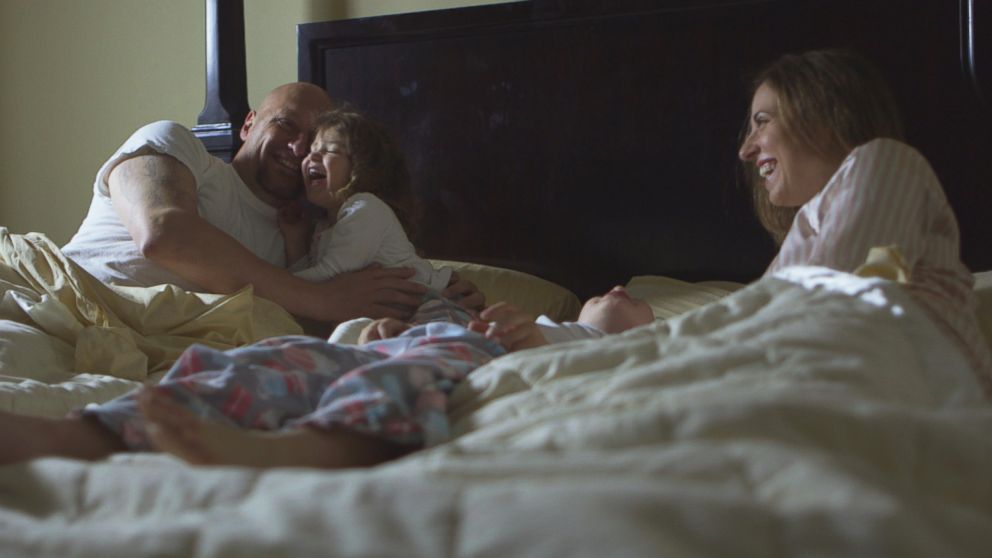Is Science Coming Around on Fatherhood?

June 9, 2014— -- Biology doesn’t provide us with all that many examples of good dads throughout the history of life on Earth. Fossil records from millions of years ago indicate that our distant forefathers spent limited time with their offspring, according to anthropologists. The story is largely the same across the animal world: Only 5 percent of male mammals, for example, provide parental care, according to multiple studies (though male primates like chimps and humans tend to stick around and help raise the kids).
Researchers have only recently taken an active interest in the impact of human fathers on their children and they’ve made some surprising discoveries.
Multiple studies have found that dads are important not just for children’s emotional well-being, but also for how empathetic they are as adults and even how their brains develop.
Animal Studies Show Brains Develop Differently When Dads Are Around
The research on the biological benefits of fatherhood for humans is embryonic, but evidence from the animal world is tantalizing. Recent studies of mice that became new fathers showed that they built additional neurons in the days after their offspring were born. The neurons helped the father respond specifically to the pups’ smell, according to researchers from the University of Calgary in Alberta. The effect was lasting; once formed, the father stored long-term memories of the smell.
In studies of degu rats, which split parenting duties, researchers found that the offspring of a father who remained in the nest had normally developing brains. When the father was removed, however, the newborn rats had deficits in their brain development in areas associated with decision-making.
The Paternal Link to Empathy
A child’s ability to relate to others and share feelings could be related to the amount of time the father spends with him or her, according to an oft-cited study from 1990. In that research, McGill University psychologist Richard Koestner looked at the development of 75 children over decades to determine what factors influenced their empathy as adults.
The results surprised researchers. They had expected parental affection to be important to the development of empathy but it made almost no impact on how empathetic the subjects became as adults.
Instead, the researchers found that the children whose fathers spent the most time with them were the most empathetic. Other researchers then went on to speculate that a father’s regular presence in a child’s life may simply be an indicator that the family as a whole was happy.
Feeling a Father’s Love
It isn’t just a father’s presence that determines a broad array of traits affecting a child’s worldview – it’s also based on the child’s perception of the father’s love.
Researchers reviewed studies of parental acceptance and rejection from 1975 to 2010. They found that the feeling of being accepted by a male parent is a better predictor of happiness and well-being than acceptance from mothers.
It’s not clear what drives this result. Investigators speculated that since fathers have traditionally held more interpersonal power or influence in family hierarchies, children are more responsive to them.
“We need to start giving greater acclaim to dads, and put them on an equal footing with moms in terms of their impact on children," said Ronald Rohner, director of the University of Connecticut’s Ronald and Nancy Rohner Center for the Study of Interpersonal Acceptance and Rejection, in a 2012 U.S. News and World Report article.
Taken together, these studies present an enticing, if incomplete, view of the benefits of fatherhood. As they say in the science journals, more study is needed. But it appears that science is coming around on dads.




